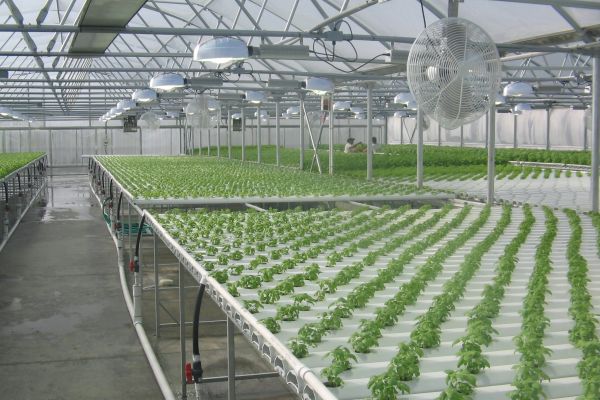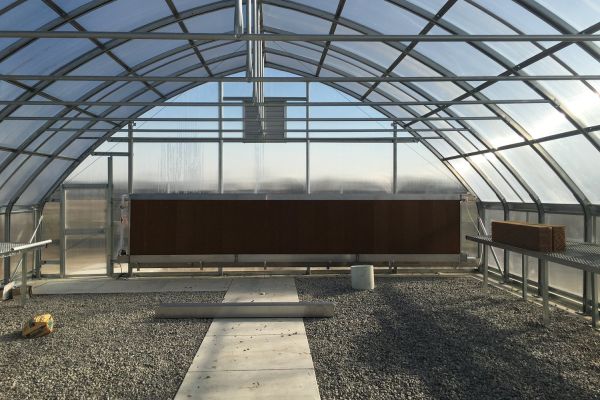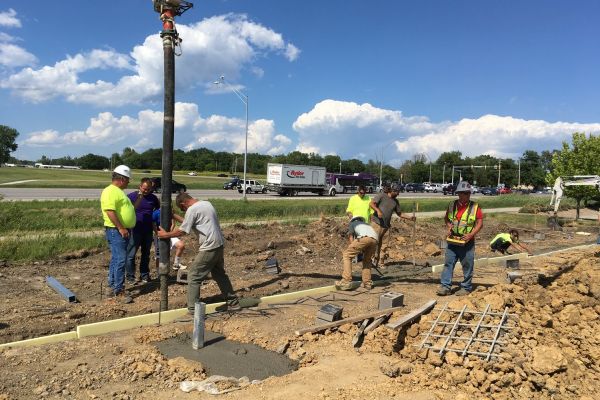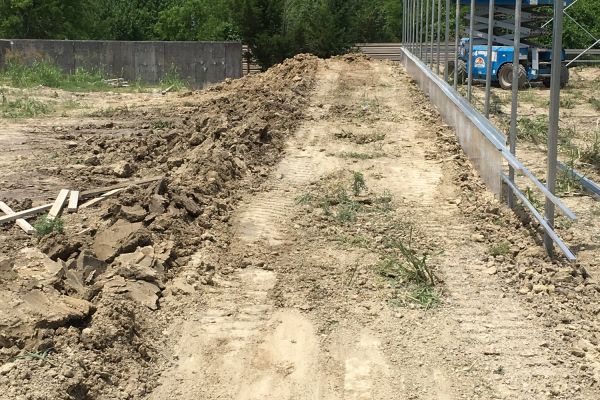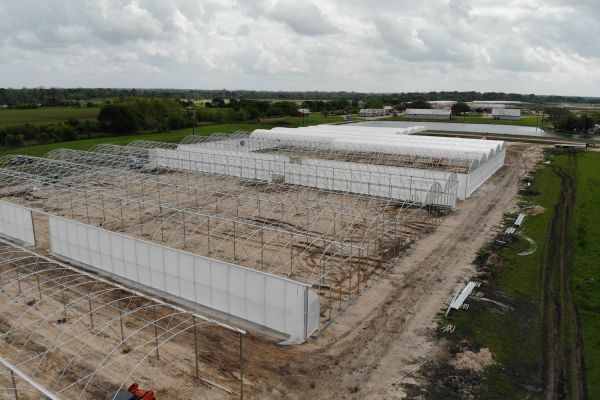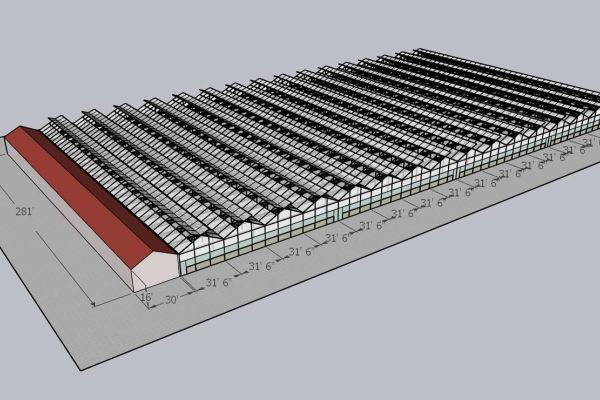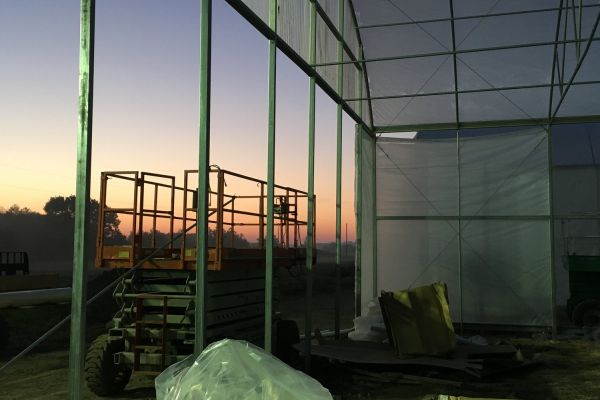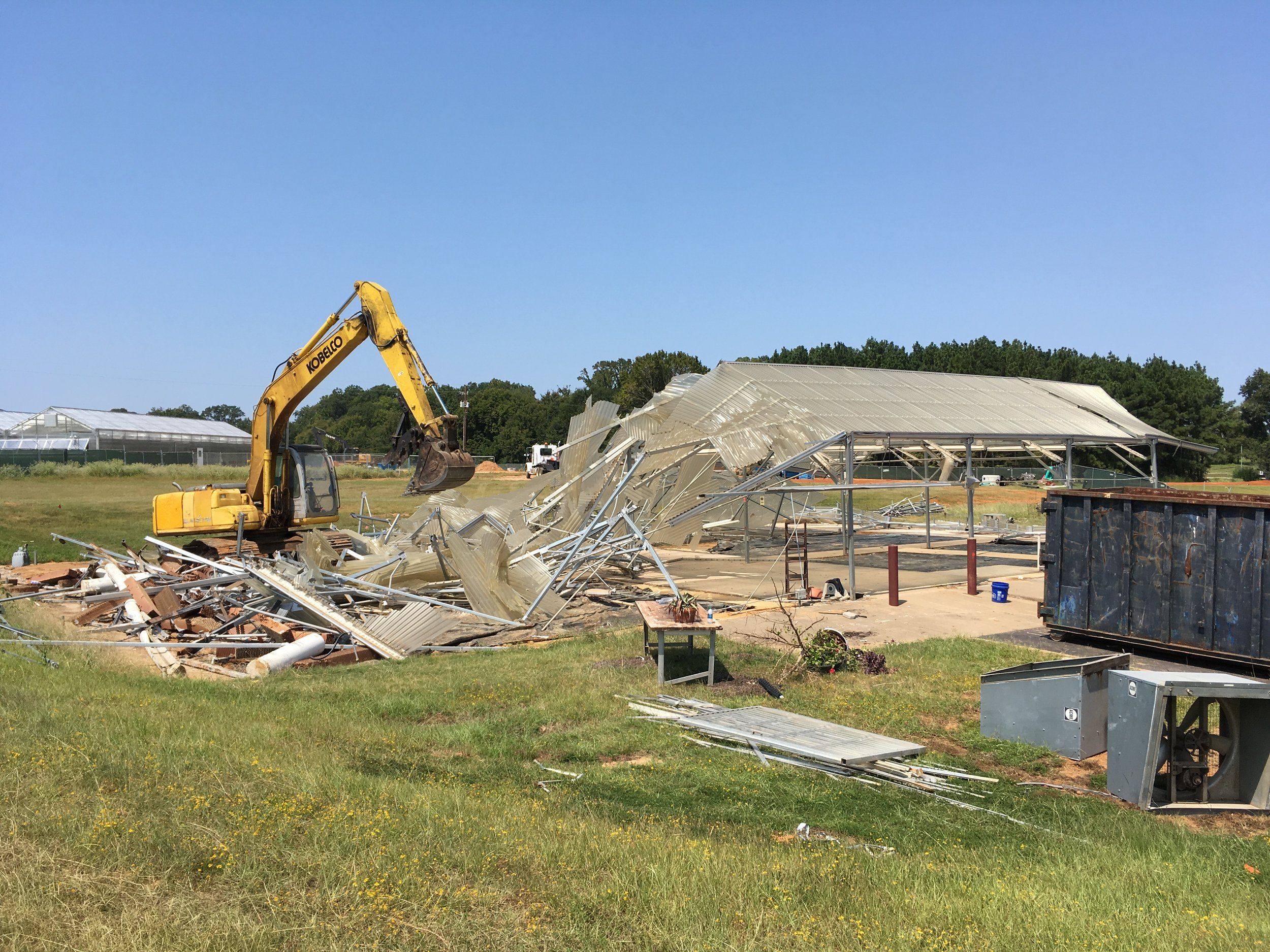
Understanding Different Types of Construction Projects
Construction projects come in various shapes and sizes, each with its unique set of challenges, requirements, and objectives. From towering skyscrapers to intricate infrastructure, understanding the different types of construction projects is essential for anyone involved in the industry. In this blog, we’ll explore some of the most common types of construction projects and what sets them apart.
1. Residential Construction
Residential construction focuses on building homes, apartments, and other living spaces. Whether it’s a single-family house or a large-scale housing development, residential projects vary widely in size and complexity. Residential construction typically involves working closely with homeowners, architects, and designers to create personalized living spaces that meet the needs and preferences of the occupants.
2. Commercial Construction
Commercial construction encompasses a broad range of projects, including office buildings, retail centers, restaurants, and hotels. These projects are typically larger in scale and often involve working with multiple stakeholders, such as business owners, investors, and tenants. Commercial construction requires careful planning and coordination to create functional and aesthetically pleasing spaces that cater to the needs of businesses and customers alike.
3. Industrial Construction
Industrial construction involves building facilities for manufacturing, production, and distribution. This includes factories, warehouses, power plants, and refineries, among others. Industrial projects often require specialized knowledge and expertise due to the unique requirements of each facility, such as heavy-duty equipment, specialized infrastructure, and stringent safety regulations.
4. Infrastructure Construction
Infrastructure construction involves building essential facilities and systems that support communities and enable economic development. This includes roads, bridges, airports, dams, and utilities such as water and sewage systems. Infrastructure projects play a vital role in connecting people, facilitating commerce, and ensuring the smooth functioning of society.
5. Institutional Construction
Institutional construction focuses on building facilities for institutions such as schools, hospitals, government buildings, and religious organizations. These projects often have specific requirements related to functionality, accessibility, and safety, as they serve diverse populations and provide essential services to the community.
6. Renovation and Remodeling Projects
Renovation and remodeling projects involve upgrading or repurposing existing structures to meet changing needs or improve functionality and aesthetics. This can range from minor interior renovations to extensive structural changes and building expansions. Renovation and remodeling projects require careful assessment and planning to ensure compatibility with existing infrastructure and compliance with building codes and regulations.
Most Popular Greenhouse Articles
